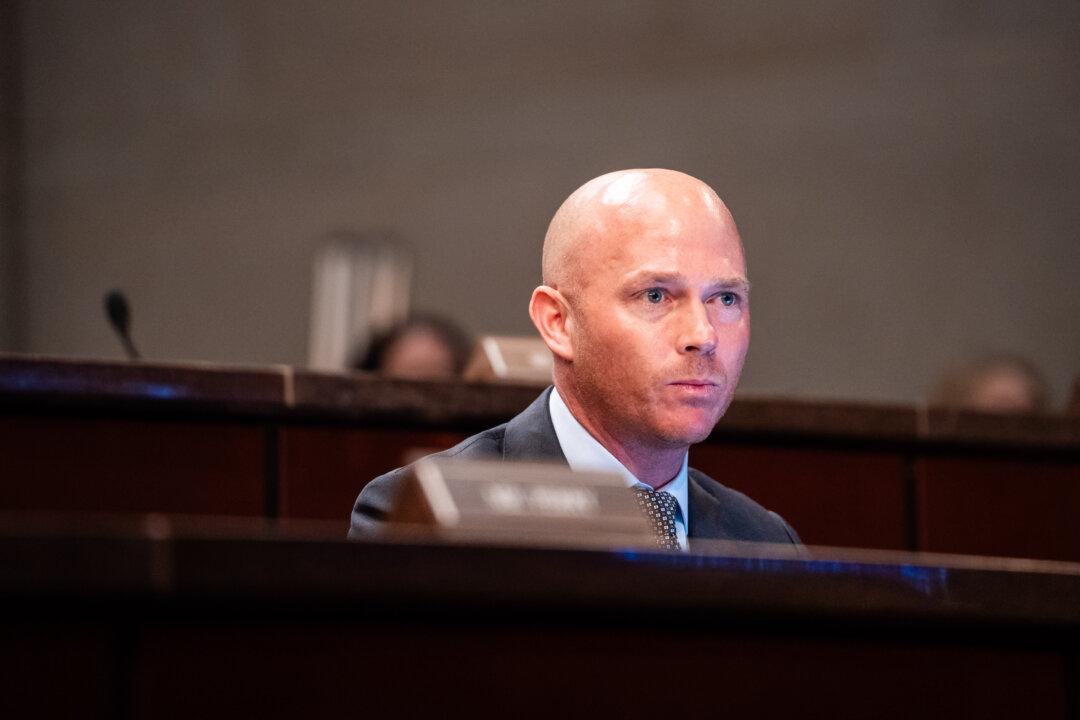WASHINGTON—The United States should use tariffs to deter Chinese state-sponsored cyber attacks, a House lawmaker told The Epoch Times.
Rep. William Timmons (R-S.C.), chairman of the Oversight Committee’s Subcommittee on Military and Foreign Affairs, made the remarks on April 2, which President Donald Trump called the “Liberation Day” as he announced his reciprocal tariffs on U.S. trading partners with an aim to erase trade deficits.






